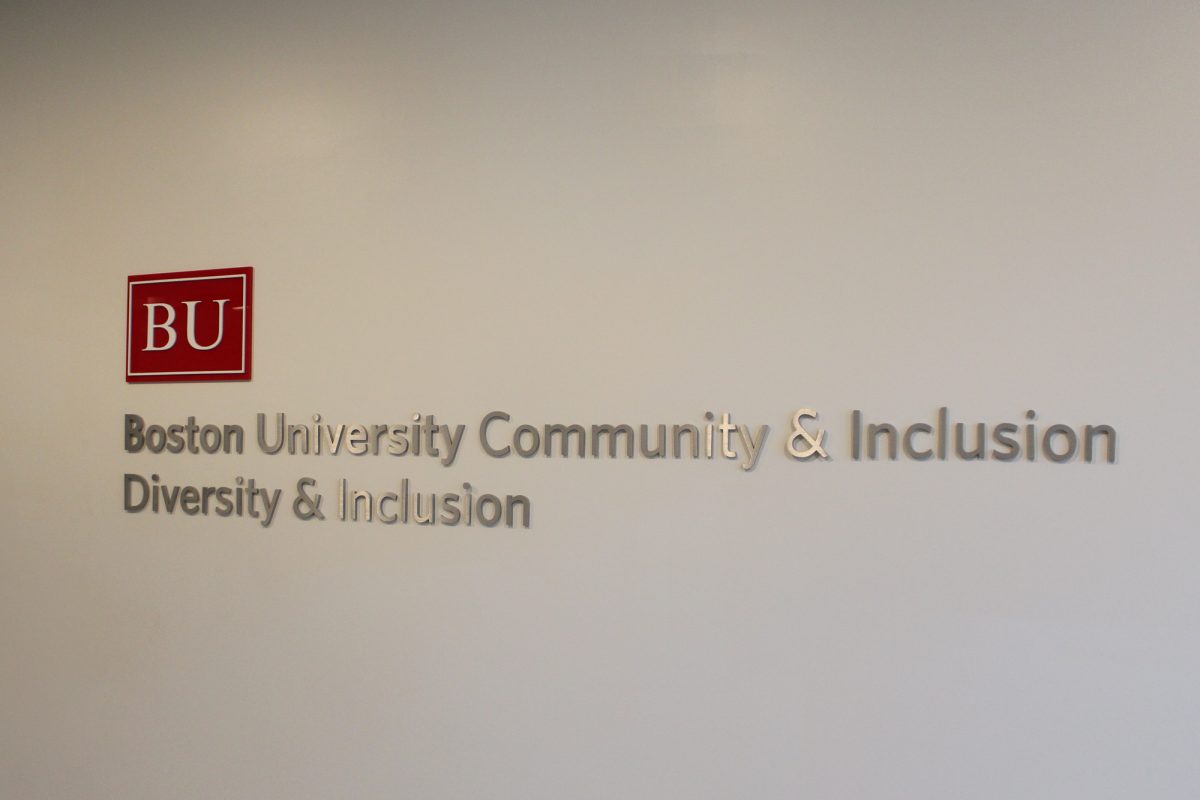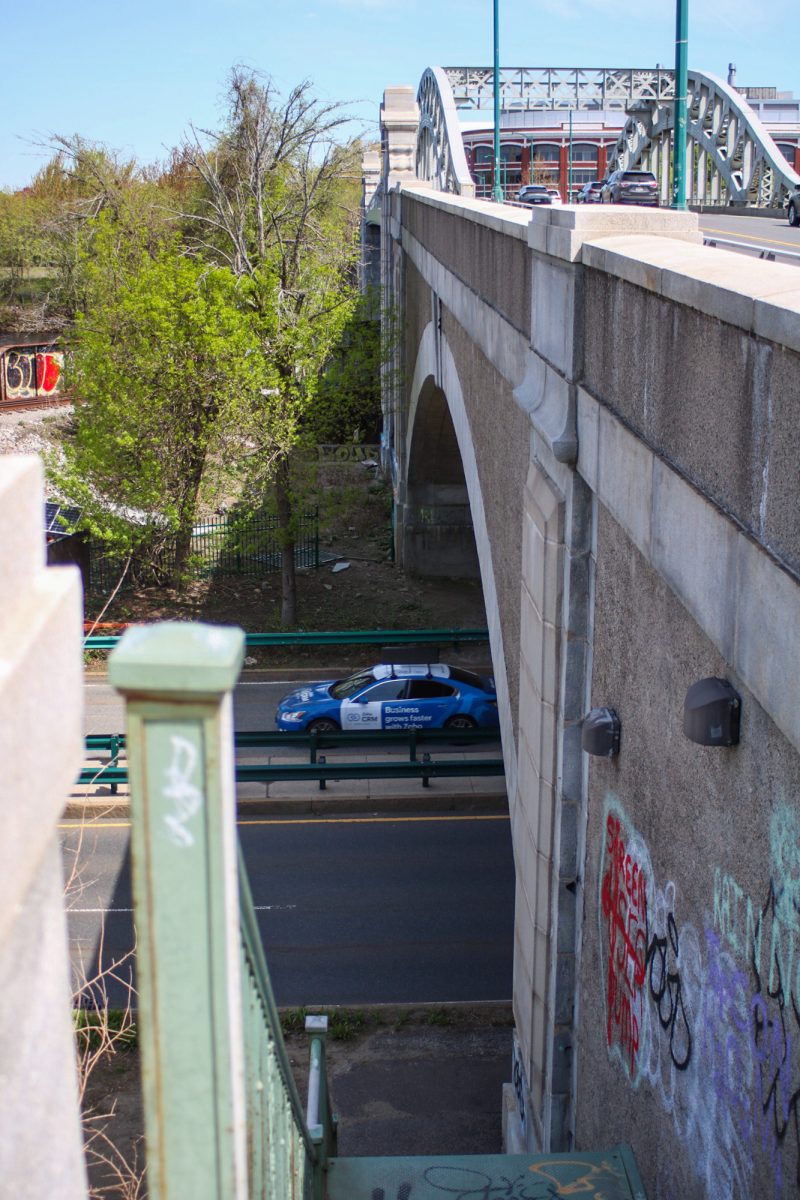The College of Engineering is looking to a brighter future after its Engineering Research Center received a $18.5 million grant to conduct a five- to 10-year research project on Smart Lighting, a system that uses light for communication.
The Center, which is led by the Rensselaer Polytechnic Institute in Troy, N.Y., received a $18.5 million grant for the project with BU and the University of New Mexico as partner organizations.
ENG Dean Kenneth Lutchen said the grant ‘adds to the prestige’ of the BU college by putting it ‘at the forefront of a very new technology.’
Within the next several years, Lutchen said he expects to see today’s lighting replaced by solid-state lighting in the form of light-emitting diodes, or LEDs, with a system similar to what is used to transmit the signal from a remote control to a television. Energy from the light is picked up by the television to trigger operations.
LEDs use only 10 percent of the energy that standard light sources use, which means they emit less carbon dioxide, RPI principle investigator E. Fred Schubert said. LEDs also have a communicative ability, which is BU’s specialty, and prompted RPI to approach BU about participating in the project,
Schubert, a former ENG professor, gave a futuristic example to explain the potential outcomes of the research.
‘A car could recognize a signal from a traffic light,’ he said. ‘The car would recognize it [and] couldn’t go through the light. It could save thousands of lives through smarter transportation.’
The NSF announced Sept. 29, after holding an 18-month application process, that it would award the grant to BU, RPI and UNM, BU lead investigator Thomas Little said. More than 20 industrial partners are working with the Engineering Research Center on Smart Lighting.
The NSF began with a pool of 134 proposals, but narrowed it down through a process involving additional proposals, oral presentations and site visits, Little, a BU electrical and computer engineering professor, said. The team now consists of 30 investigators, 3 of which are from BU, including Little.
Little said NSF made its decision based on the proposal, the faculty and industrial partners and the Center’s ability to ‘engage students K through 12, undergraduate and graduate.’
The grant allows the Center to work with local elementary and high school students to raise interest in math and science.
The grant will also be used to fund scholarships and stipends for undergraduate and graduate student research, demonstrating NSF’s ‘strong mission,’ which supports science and technology education, Little said.
‘We will potentially provide network access wherever there is human-made light,’ Little said.’ ‘It’s more tangible and immediate, now. It’s time to get down to business, roll up our sleeves and make our vision a reality.’
ENG looks to bright future with grant
By Daily Free Press Admin
•
October 14, 2008
0
More to Discover















































































































